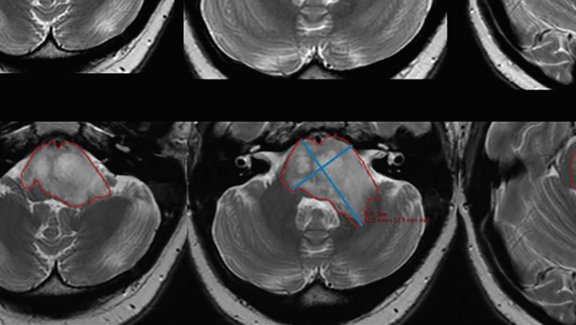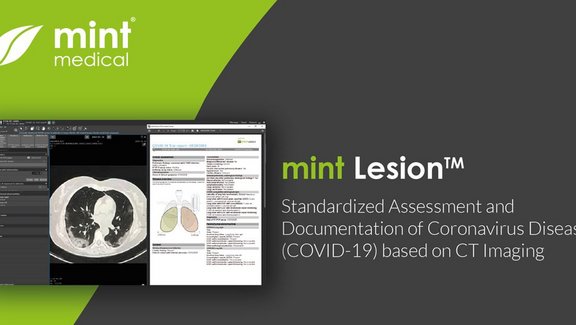A recent retrospective study led by Dr. Marilyn J. Siegel and her team at the Washington University School of Medicine in St. Louis has shed light on a critical issue in cancer care: routine clinical reads are more prone to overdiagnosing progressive disease when compared to RECIST 1.1 interpretations. This discrepancy holds significant implications, potentially leading to the premature discontinuation of effective treatments for cancer clinical trial participants and patients under standard care.
In this study, mint Lesion software was utilized for the criteria-based reads, determining overall response assessments according to RECIST 1.1 criteria, and generating structured reports for the clinical trial's principal investigator.
To learn more about the study's insights into the discrepant assessments and the suggested steps for mitigating this issue, click here.

Study Discovers Overdiagnosis of Progressive Cancer in Routine Clinical Evaluations
Related Resources
Related Resources

Cincinnati Children's Hospital Medical Center: Study shows variable correlation of change in DIPG tumor size among different measurement strategies
A recent prospective study [1] conducted by researchers at Cincinnati Children’s Hospital Medical Center compared manual 2D, semi-automated 2D, and…

Creating evidence to tackle COVID-19
Our COVID-19 reading template is in use for two weeks, and its usage is multiplying. We are grateful for the close cooperation and feedback from…

Potential of using structured data from clinical trials and routine for AI and radiomics research
Dr. Nils Grosse Hokamp shares his experience of using mint Lesion™ at the University Hospital Cologne in this brief interview. He talks about how they…